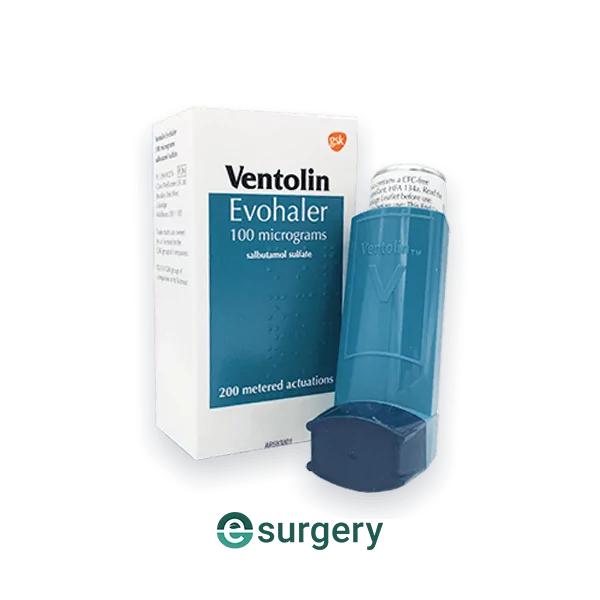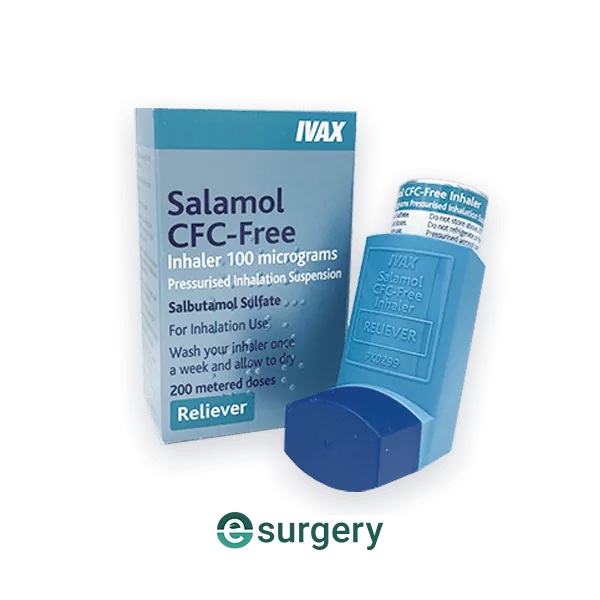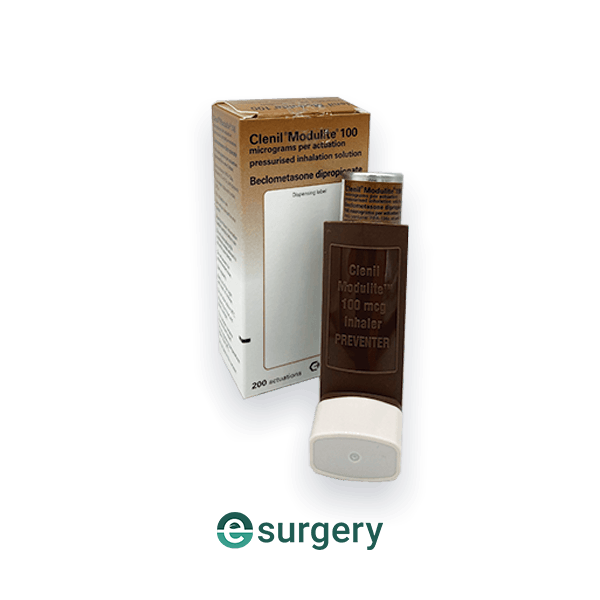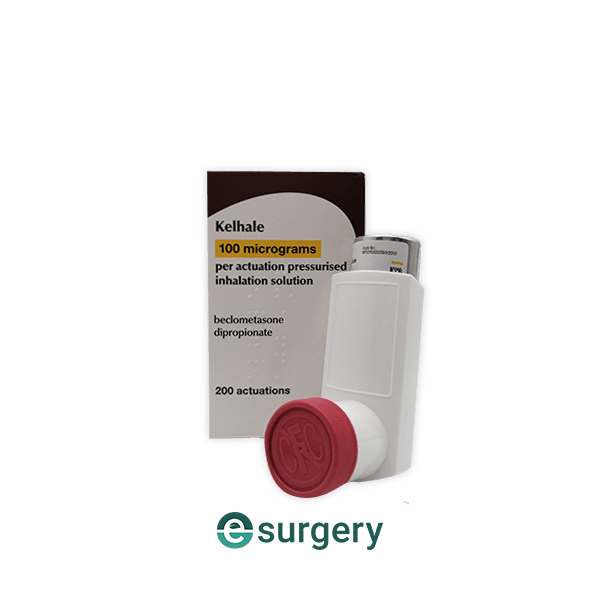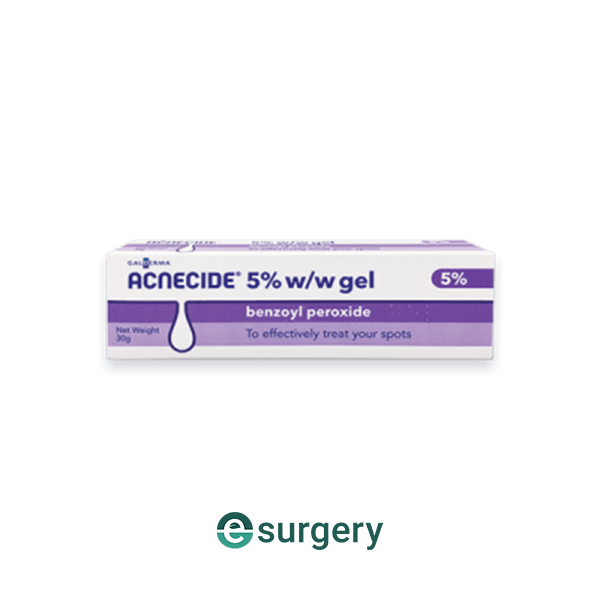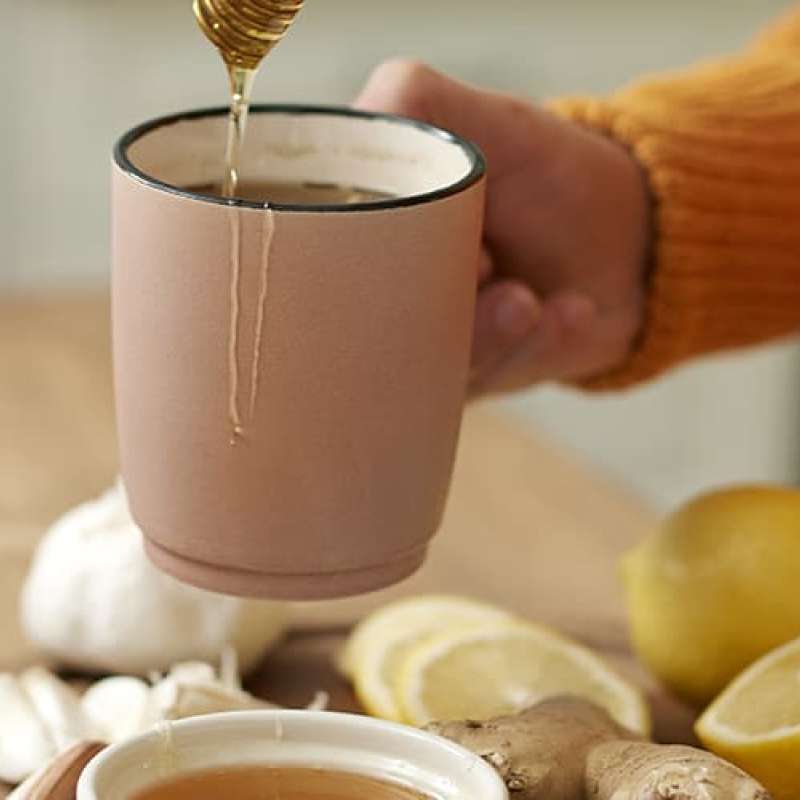
Follow Our E-Surgery Health Survival Guide for All Our Winter Illness Top Tips
Maintaining a healthy lifestyle is really important during the winter months to help keep your immune system in balance and avoid all the colds and flu’s flying around at the moment. See below our guide for navigating the cold seasons and avoiding the much-hated winter flu.
How is Asthma effected by the cold weather?
Seasonal weather changes can see asthma symptoms increase [1] due to the air temperature dropping, resulting in shortness of breath and wheezing. As the wetter weather sets in (it’s coming, we are in the UK after all!) damp and mold can have a huge impact on winter illnesses and ailments making asthma worse due to more airborne spores making it harder to breath. again affecting breathing. Other factors affecting asthma in winter include respiratory infections and viruses which target your lungs again affecting breathing.
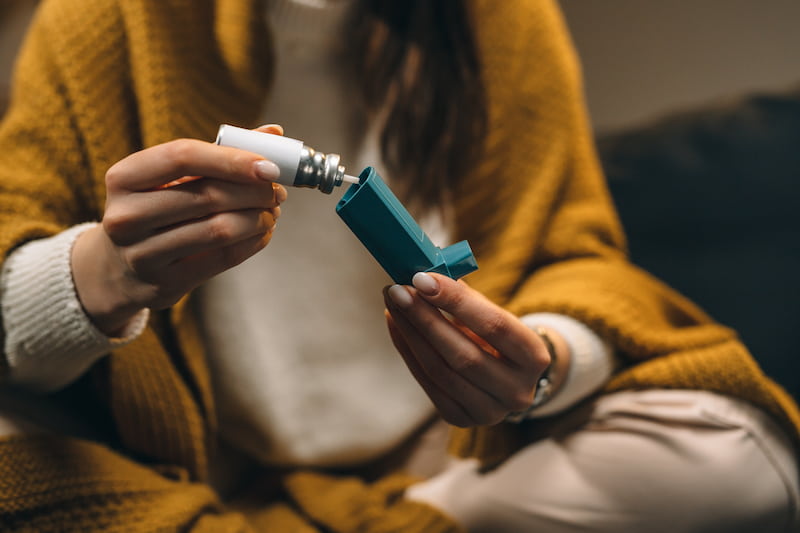
How to Look After Your Asthma This Winter
Protecting yourself against common winter elements is really important when preventing asthma.
- Staying warm and wrapped up when out and about will help reduce cold air entering your lungs. Cover your mouth and nose for optimal protection.
- Stay inside on cold days when temperatures reach –12 C and exercise indoors whenever possible.
- Dust and vacuum your home frequently to remove all airborne spores.
- Practice social distancing and wash your hands to prevent infection.
What Medical Treatments are Available to Help Your Asthma?
If you are looking for medical treatments to help with asthma prevention inhalers are the go-to! They are designed to open up your airways to maintain healthy breathing. Your doctor may suggest having two inhalers working together a reliever and preventer for the best results.
Reliever Inhaler
Usually blue, a reliever inhaler is used for quick relief when symptoms first start, it relaxes your muscles making breathing easier [2]. You should keep your reliever inhaler on you at all times. Most common types of reliever inhaler include Ventolin and Salbutamol Inhalers.
See below our range of Reliever Inhalers:
Preventer Inhaler
Used as the main way to treat asthma, they stop inflammation of the airways, leaving them less sensitive [3] and likely to react to winter conditions. You should always use your inhaler as prescribed. Most common types of preventer inhaler include Celnil Moduite and Kelhale.
See below our range of Preventer Inhalers:
Seasonal Asthma Tracking and Asthma Reviews
If you are worried about your asthma over the colder months and want to keep track of your inhaler usage or symptoms download our free monthly ‘Asthma Tracker’. It’s a great way to keep track of your inhaler usage and know when to order a new one/replacement.
Ideally, you should see your doctor or GP every year for a review. If you are struggling with your asthma more than usual or have seen significant changes you can book a review sooner by contacting your doctor or GP.
Dry Skin in Winter:
Another common winter illness or ailment can be dry skin, as conditions get worse in winter, due to, yes you guessed it the weather!
The colder weather means there is less moisture in the air resulting in skin cracking and drying out because the it cannot retain sufficient moisture. In winter humidity is lower so there is less water content in the Epidermis (Outermost layer of skin) leaving skin sore and red [4]. Most common places for drier skin in winter are hands and in between fingers where skin can be itchy and red. Also, dry patches on your face are common with the colder air.
How to keep your skin hydrated this winter :
Maintaining a skincare routine, no matter how thorough or not will help prevent dry skin this winter.
- Keeping your skin protected and covered when outside is the best way to avoid dry skin on a daily basis.
- Use fragrance free soaps and moisturizer to avoid irritation to skin.
- Applying a daily moisturizer after showering or bathing when skin is damp for optimal hydration.
- Using a thicker moisturizer is more effective for re-hydrating your Epidermis as they seal in moister, preventing water loss without blocking your pores [4].
- Applying a balm like bee’s wax is a great natural way to protect your skin from outside elements and keep you skin hydrated all year round! Bees’s wax is considered better for the environment as a natural ingredient.
Is your Dry Skin Causing Acne?
Acne, although it’s not a direct result of dry skin, some people may find it can impact and make their acne worse. Acne is caused when pores get clogged from a buildup of dead skin cells which is more common when you are suffering from dry skin [5]. Acne is a very common problem and affects 95% of people aged 11 to 30 to some extent [6]. With this is mind, if you feel like you may need medical assistance with your dry skin / acne in the colder months here are some our top suggestions.
Acnecide Gel
This gel is a gentle treatment which will help improve your spots and sore skin. Acnecide is an over-the-counter treatment and should be applied to clean dry skin once or twice day to see improvements.
Treclin Gel
For moderate to severe acne, some of our patients like to use Treclin gel as it helps with inflammation and prevent buildup of skin oils. This is a prescribed treatment and should be used in accordance with direction from doctor or GP.
How not to catch a common cold:
The most common winter illness tends to be cold and flus due to increased infections and viruses around as colder weather approaches. A common cold, although not generally dangerous can be very infectious with 40% of all winter colds being the common (Rhinovirus) cold [7]. Looking after your general health and wellbeing is the best way to combat common cold and flu’s, allowing you to enjoy the winter season cold free!
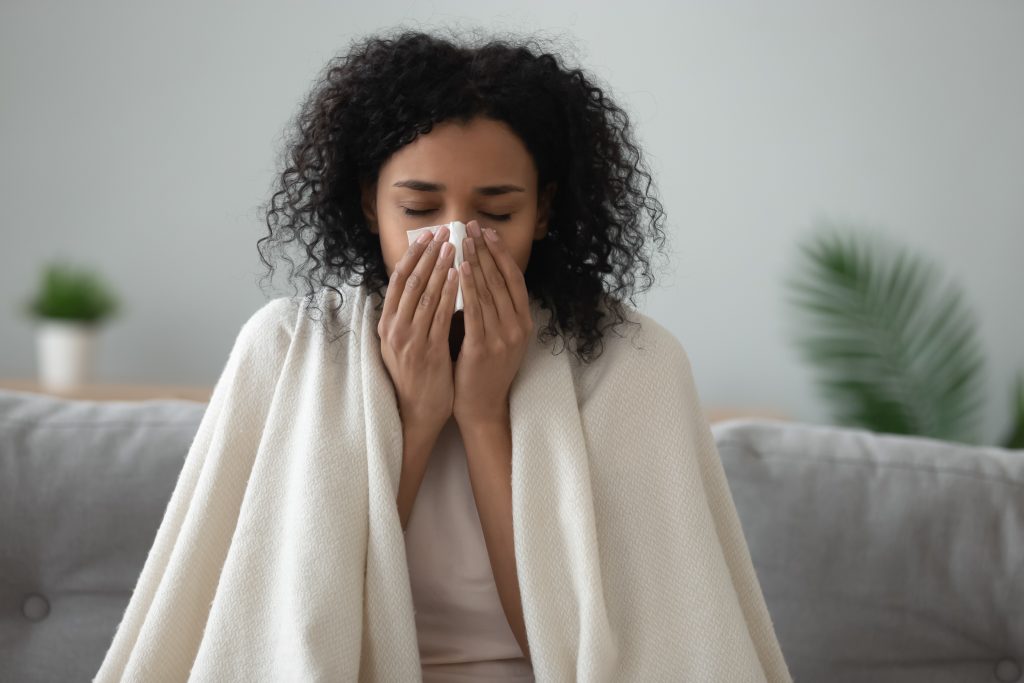
Common symptoms of a winter cold
- Sore Throat
- Runny or Blocked Nose
- Cough
- Sneezing
- Muscle ache
- Muscle ache
- Raised temperature
Cases of winter illnesses such as cold and flu have skyrocketed this year which many are saying is due to the removable of social distancing and Covid health measures. In order to keep yourself safe, make sure you are washing your hands, wearing a face covering in busy places and maintaining general health and cleanliness!
Best ways to prevent catching a cold
- Stay warm and wrapped up when outside
- Eat lots of nutritious food and drink plenty of water to stay hydrated
- Good night’s sleep and rest will help keep your immune system in balance
- Wash your hands regularly with soap and don’t share towels
- Minimize contact with your face, don’t rub your eyes or nose
Ways to Treat your Cold and Flu
At home remedies can be a great way to help prevent cold symptoms.
- Gargling salt water to treat a sore throat (not suitable for children)
- Lemon and honey tea to unblock your nose and make you feel a bit brighter
- Lots of water
- Staying warm with a hot water bottle or blanket
If you are worried your cold or flu isn’t getting better you can seek medical treatments over the counter.
Some winter illnesses and allergies can cause similar symptoms to a cold like a blocked nose. If you suffer from winter allergies ask your pharmacists about Beconase Nasal Spray. It is a steroid based spray that can be used to unblock your nose and treat swelling and irritation.
Echinacea is an herbal remedy and great way of preventing cold symptoms and keeping your runny nose at bay! They contain the flowering plant echinacea that acts as an anti-viral medication. These should be taken at the first sign of a cold to lessen the symptoms of your cold or flu. Even though Echinacea is not 100% proven to work, there is evidence to suggest it can help to treat a cold more quickly in combination with plenty of rest.
And there you have it our guide to surviving the winter illnesses and flu’s, what to watch out for and ways to prevent them with home or medical treatment. Always talk to your doctor or GP if you are concerned or worried about your health!
Enjoy the winter season (cold free we hope!)
Sources
[1] Winter asthma triggers – Asthma UK
[2] Reliever inhalers – Asthma Uk
[3] Preventer inhalers – Asthma UK
[4] What to do about dry skin in winter – Harvard Health Publishing, Harvard Medical School
[5] Can Dry Skin Cause Acne? Dermatologist-Approved Treatments – Eternal dermatology and aesthetics.
[6] Acne Overview – NHS
[7] common cold (Viral Rhinitis) – Harvard Health Publishing, Harvard Medical School
Further Reading
7 Common Winter Illnesses | Carithers Pediatric Group
Winter Illness Guide | John Hopkins


